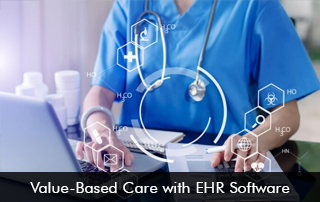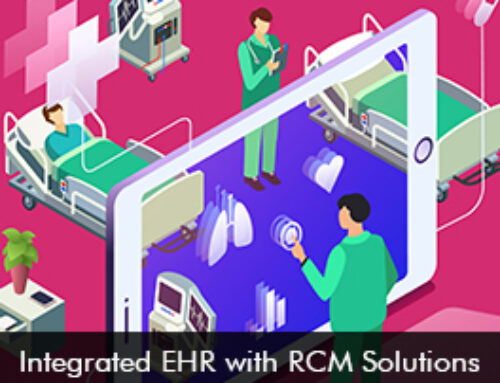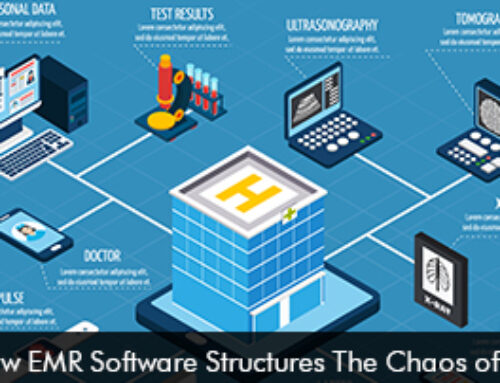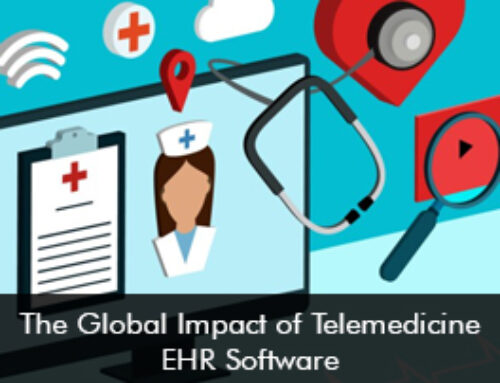Electronic Medical Records (EMR) software technology is critical for healthcare organizations implementing value-based care. This model is booming to become a common reimbursement method in the United States healthcare and value-based care is expected to grow in the future as well.
What is Value-Based Care?
Value-based care is a healthcare delivery strategy that prioritizes patient care quality and results over service volume. It differs from the standard fee-for-service approach, in which healthcare practitioners are compensated based on the amount of services provided. Value-based care aims to enhance patient outcomes while lowering expenses.
Key Benefits of Value-Based Care
The value-based care model has several important advantages over conventional fee-for-service healthcare arrangements. These advantages contribute to more effective and economical healthcare delivery while also enhancing patient outcomes. The following are some major benefits of value-based care:
- Evidence-based treatments support high-quality patient care.
- Helps to reduce overall costs by preventing hospital readmissions.
- Value-based care supports care coordination between providers.
- Makes way for patient-centered care.
- The healthcare delivery model encourages population health.
- Ensures quality care.
- It is a sustainable healthcare model.
- Higher patient satisfaction scores can be achieved.
How does EHR Software support Value-Based care?
Access to Up-To-Date Patient Data
Value-based care has the following six elements,
- Safe
- Timely
- Effective
- Efficient
- Equitable
- Patient-Centered
The robust technology of EMR Software systems promotes safe, timely, and effective patient care by making patient records available in real time. Healthcare providers have quick and seamless access to accurate patient records to support their decision-making at the point of care.
Boosts Health Outcome Levels
Another prime element of the value-based care model is to enhance patient outcomes. Electronic Health Records (EHR) software enables clinicians to have a complete picture of a patient’s health via flow sheets and simple dashboards. Once providers have access to all patient’s medical history including, allergies, different medical conditions, and even family history they are more empowered to improve health outcome levels.
Care Coordination
The successful coordination of care is a crucial part of value-based care. EMR software systems make it easier for the various healthcare professionals involved in a patient’s care to communicate and share information through strong interoperability, guaranteeing continuity and preventing duplication of tests.
Enhanced Patient Engagement
Value-based care promotes patient participation and group decision-making. Patients can access their information, communicate with their care team, and actively engage in their care plans by using patient portals and communication features that electronic health records software can provide.
The Future of Value-based Care Model
Value-based care has a bright future as it continues to spread throughout the healthcare sector. With an increasing emphasis on data-driven decision-making, advanced analytics, and technology-enabled care coordination, the care model is anticipated to play an ever-bigger role in the delivery of healthcare.
To further increase health equity and community well-being, value-based care will probably broaden its scope to include population health management and socioeconomic determinants of health. Value-based care is positioned to play a crucial role in improving patient outcomes, managing costs, and advocating for a patient-centered, value-driven strategy as the healthcare landscape changes.







